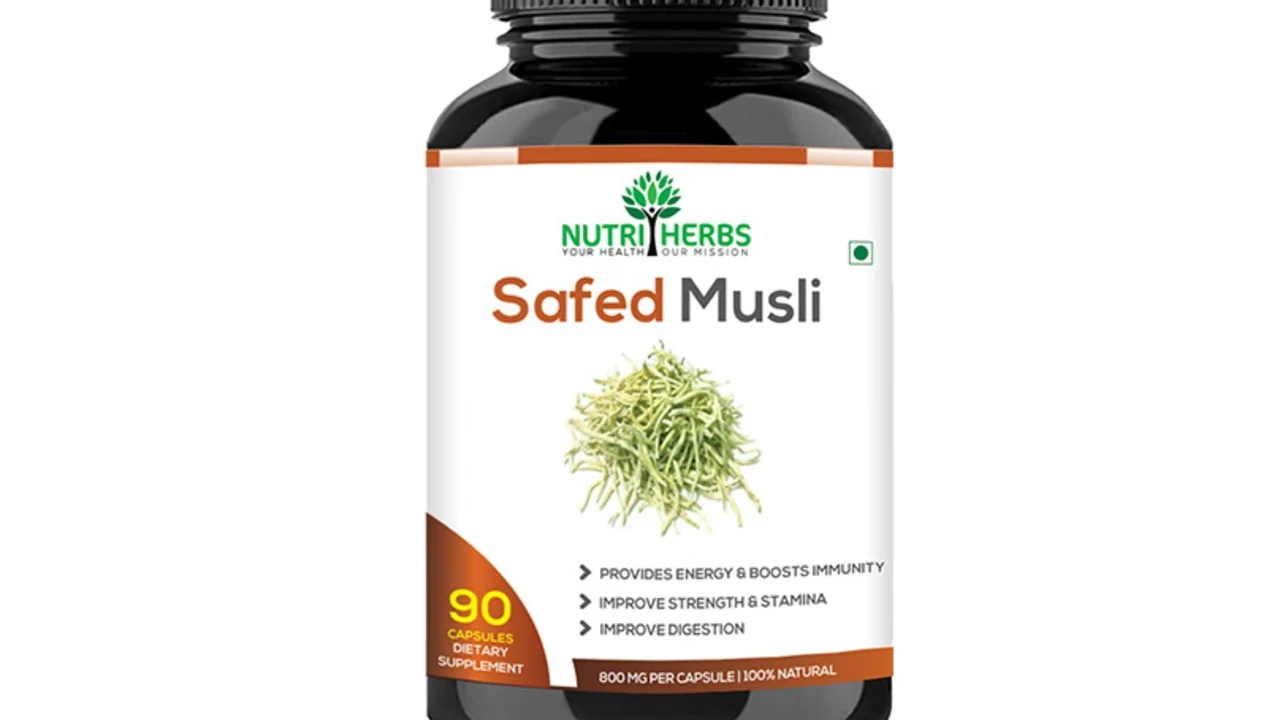- Losartan and COVID-19: What Science Says About This Blood Pressure Drug Oct 27, 2025
- Insurance Appeals: Fighting Denials When a Generic Medication Doesn't Work Jan 28, 2026
- Buy Cheap Generic Clomid Online - Guide to Safe, Low‑Cost Fertility Medication Oct 12, 2025
- Uncover the Amazing Health Perks of Graviola – An Essential Dietary Supplement Feb 24, 2025
- How to Store Liquid Antibiotics and Reconstituted Suspensions Correctly Dec 2, 2025
Herbal Alternatives – Natural Options for Everyday Health Concerns
If you’re tired of endless pills and pricey prescriptions, you’ve probably wondered whether herbs can help. The good news is that many plants have been used for centuries to treat the same issues modern drugs target. Below you’ll find straight‑forward reasons to consider herbs and a quick guide to some of the most trusted options you can try right now.
Why Choose Herbal Alternatives?
Herbal remedies are usually easier on the gut and often come with fewer side effects because they contain a mix of natural compounds rather than a single synthetic molecule. They also tend to be cheaper and easier to find at local stores or online. Most importantly, herbs let you address the root cause of a problem, not just mask symptoms. For example, royal jelly supports immune health, while Graviola offers antioxidant benefits that may complement a heart‑healthy diet.
That said, herbs aren’t a magic cure‑all. They need proper dosing, and some interact with prescription meds. Always check with a pharmacist or doctor before adding a new supplement, especially if you’re on blood thinners, diabetes drugs, or anything that affects hormone levels.
Popular Herbal Picks You Can Find Today
Royal Jelly – This bee‑produced superfood is packed with proteins, vitamins, and fatty acids. People use it to boost energy, improve skin tone, and support the immune system. A typical dose is 1‑2 grams per day, taken on an empty stomach.
Graviola (Soursop) – The leaves and fruit contain acetogenins, which have shown antioxidant activity. Users often take powdered leaf capsules (300‑500 mg) for digestion support and occasional inflammation relief.
Turmeric (Curcumin) – Curcumin is the active ingredient that gives turmeric its anti‑inflammatory punch. Pair it with black pepper extract to boost absorption. A common regimen is 500 mg twice daily with meals.
Milk Thistle – Known for protecting liver cells, milk thistle’s silymarin complex helps people who take long‑term medications that tax the liver. Standard doses range from 150‑300 mg, split into two doses.
St. John’s Wort – Often used for mild to moderate mood swings, it works by influencing serotonin pathways. Stick to 300 mg three times a day, but never combine it with antidepressants or birth control pills without professional guidance.
When you start a new herb, give it at least two weeks to see if it helps. Track any changes in how you feel, and adjust the dose if needed. Many online pharmacies list these herbs, but look for third‑party testing certificates to ensure purity.
Bottom line: herbal alternatives can be a smart addition to your health toolkit when you pick reputable products, respect proper doses, and stay in touch with your healthcare provider. Whether you’re after better sleep, clearer skin, or a smoother digestion, there’s likely a plant‑based option worth trying.
Unlock the Power of Safed Musli: Your Organic Boost in a World of Artificial Enhancements
- Garrick Elderton
- Dec 27, 2023
Hey there, friends! So, have you heard about Safed Musli? It's this incredible, all-natural herb that's just brimming with benefits. I recently stumbled upon it, and let me tell you, it's been a total game-changer for me. It's like Mother Nature's own little secret weapon against synthetic supplements. Safed Musli is packed with all these vital nutrients and it's perfect for anyone looking to boost their well-being without any artificial stuff. In my next article, we're gonna dive deep into how this herbal wonder can ramp up your health naturally. Stay tuned!
